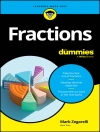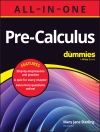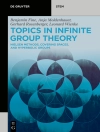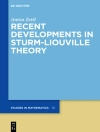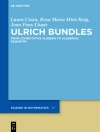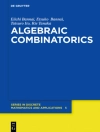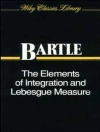This book is written in a style that uncovers the mathematical theories buried in our everyday lives such as examples from patterns that appear in nature, art, and traditional crafts, and in mathematical mechanisms in techniques used by architects. The authors believe that through dialogues between students and mathematicians, readers may discover the processes by which the founders of the theories came to their various conclusions―their trials, errors, tribulations, and triumphs. The goal is for readers to refine their mathematical sense of how to find good questions and how to grapple with these problems. Another aim is to provide enjoyment in the process of applying mathematical rules to beautiful art and design by examples that highlight the wonders and mysteries from our daily lives. To fulfill these aims, this book deals with the latest unique and beautiful results in polygons and polyhedra and the dynamism of geometrical research history that can be found around us. The term ‘intuitive geometry’ was coined by Lászlo Fejes Tóth to refer to the kind of geometry which, in Hilbert’s words, can be explained to and appeal to the ‘man on the street.’ This book allows people to enjoy intuitive geometry informally and instinctively. It does not require more than a high school level of knowledge but calls for a sense of wonder, intuition, and mathematical maturity.
Table des matières
Chapter 1 Art From Tiling Patterns.- Chapter 2 The Tile-Maker Theorem and Its Applications to Art and Designs.- Chapter 3 Patchwork.- Chapter 4 Reversible Pairs of Figures.- Chapter 5 Platonic Solids.- Chapter 6 Cross-Sections of Polyhedra.- Chapter 7 Symmetry of Platonic Solids.- Chapter 8 Double Duty Solids.- Chapter 9 Nets of Small Solids with Minimum Perimeter Lengths.- Chapter 10 Tessellation Polyhedra.- Chapter 11 Universal Measuring Boxes.- Chapter 12 Wrapping a Box.- Chapter 13 Bees, Pomegranates and Parallelohedra.- Chapter 14 Reversible Polyhedra.- Chapter 15 Elements of Polygons and Polyhedra.- Chapter 16 The Pentadron
A propos de l’auteur
Jin Akiyama is a mathematician at heart. Currently, he is a fellow of the European Academy of Science, the founding editor of the journal
Graphs and Combinatorics, and the director of the Research Institute of Math Education at Tokyo University of Science. He is particularly interested in graph theory and discrete and solid geometry and has published many papers in these fields. Aside from his research, he is best known for popularizing mathematics, first in Japan and then in other parts of the globe: his lecture series was broadcast on NHK (Japan’s only public broadcaster) television and radio from 1991 to 2013. He was a founding member of the Organizing Committee of the UNESCO-sponsored traveling exhibition “Experiencing Mathematics”, which debuted in Denmark in 2004. In 2013, he built a hands-on mathematics museum called Akiyama’s Math Experience Plaza in Tokyo. He has authored and co-authored more than 100 books, including
Factors and Factorizations of Graphs< (jointly with Mikio Kano, Lect. Notes Math., Springer, 2011) and A Day’s Adventure in Math Wonderland (jointly with Mari-Jo Ruiz, World Scientific, 2008), which has been translated into nine languages.
Kiyoko Matsunaga is a science writer for mathematics. She has contributed not only through
Japanese-language books, but also in NHK TV programs on mathematics, including Math, I Like It for elementary students, Math Time Travel for junior and senior high school students, and The Joy of Math and Math Wonderland for the broader public.


